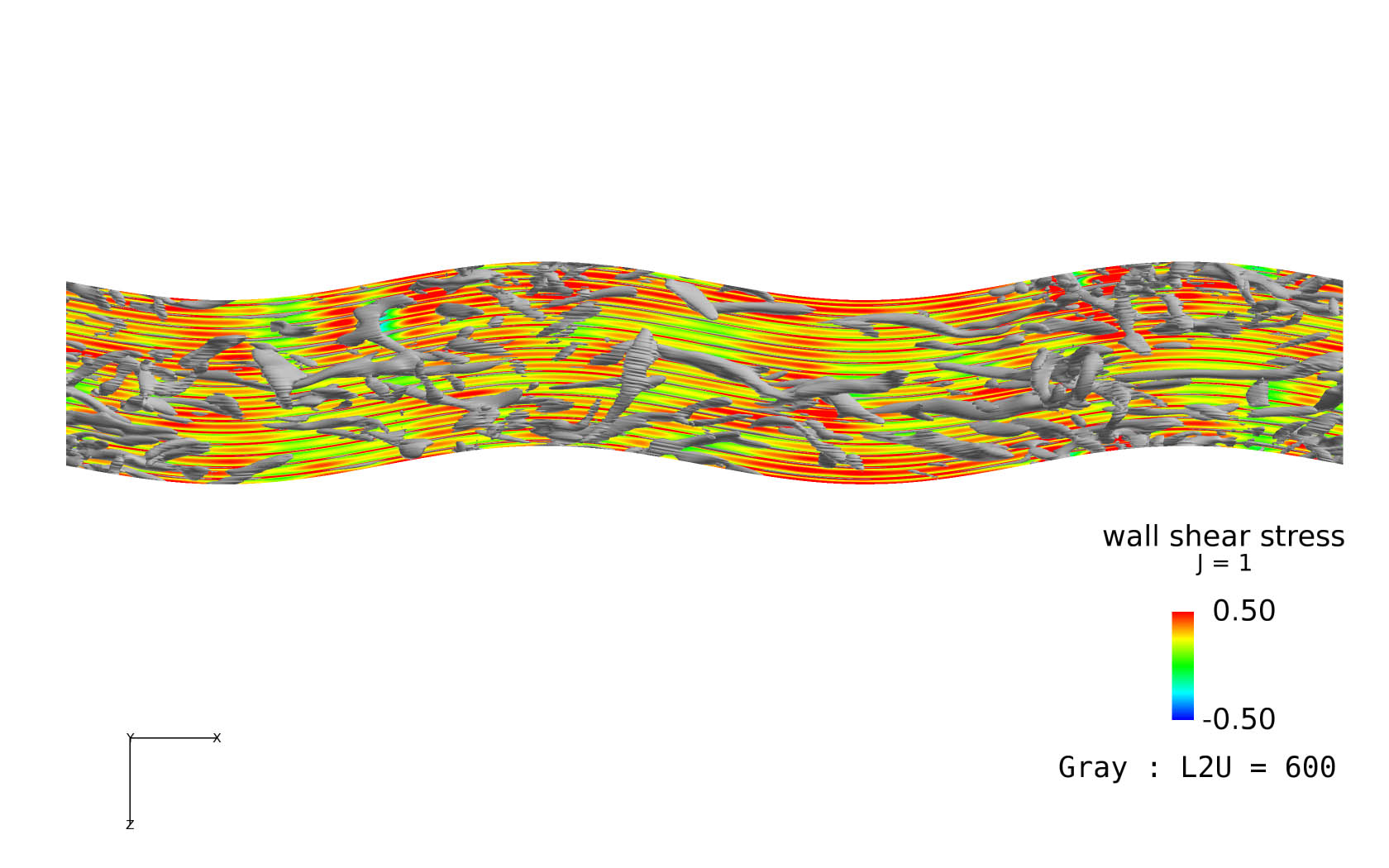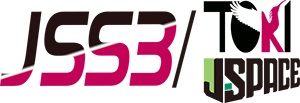FINE (Flight Investigation of skiN-friction reducing Eco-coating)
JAXA Supercomputer System Annual Report April 2017-March 2018
Report Number: R17EA0603
Subject Category: Aeronautical Technology
- Responsible Representative: Yoshikazu Makino, Aeronautical Technology Directorate, Aviation Systems Research Unit
- Contact Information: Mitsuru Kurita kurita@chofu.jaxa.jp
- Members: Fumitake Kuroda, Mitsuru Kurita
Abstract
This study develops a more effective riblet pattern to reduce the skin friction in the turbulent boundary layer by using DNS. The optimized riblet pattern by the DNS is painted on a experiment airplane, the effects of the reducing skin friction is evaluated in flight.
Reference URL
Please refer to ‘Eco-wing technology | ECAT – Environment-Conscious Aircraft Technology Program | Aeronautical Technology Directorate‘.
Reasons for using JSS2
CFD (DNS) analysis are used for developing a optimized riblet pattern that is effective to reduce the skin friction in turbulent boundary layer.Huge calculation resources and costs are required for the high fidelity and quick response CFD analysis for obtaining the optimum riblet pattern. Use of JSS2 is indispensable for these requirements; the cost and time on the CFD analysis are drastically saved .
Achievements of the Year
We have performed a series of direct numerical simulations of a turbulent channel flow over riblets in order to understand the basic characteristics regarding the riblets for the flight testing in the ‘FINE’ project. Consequently, the performance of the riblets, i.e. a depednence of S^+ (a riblet spacing normalzied by wall units) on the drag reduction, have been successfully clarified.

Fig.1: Vortical structures and wall shear stress in the DNS. Isosurfaces refer to positive values of the second invariant of the fluctuating velocity tensor, whereas the color contours show the wall shear-stress distribution.
Publications
■ Non peer-reviewed papers
1) Kurita, M., Nishizawa, A., Kwak, D., Iijima, H., Iijima, Y., Takahashi, H., Sasamori, M., Abe, H., Koga, S., Nakakita, K., Kuroda, F., “FINE: Flight Investigation of skiN-friction reducing Eco-coating, First Flight Test”, 55th Aircraft Symposium, 2017.
Usage of JSS2
Computational Information
- Process Parallelization Methods: MPI
- Thread Parallelization Methods: Automatic Parallelizatio
- Number of Processes: 64 – 512
- Elapsed Time per Case: 500.00 hours
Resources Used
Fraction of Usage in Total Resources*1(%): 1.37
Details
Please refer to System Configuration of JSS2 for the system configuration and major specifications of JSS2.
| System Name | Amount of Core Time(core x hours) | Fraction of Usage*2(%) |
|---|---|---|
| SORA-MA | 11,499,337.06 | 1.53 |
| SORA-PP | 84.29 | 0.00 |
| SORA-LM | 14.69 | 0.00 |
| SORA-TPP | 0.00 | 0.00 |
| File System Name | Storage Assigned(GiB) | Fraction of Usage*2(%) |
|---|---|---|
| /home | 006.34 | 0.00 |
| /data | 9,858.96 | 0.18 |
| /ltmp | 878.91 | 0.07 |
| Archiver Name | Storage Used(TiB) | Fraction of Usage*2(%) |
|---|---|---|
| J-SPACE | 0.99 | 0.04 |
*1: Fraction of Usage in Total Resources: Weighted average of three resource types (Computing, File System, and Archiver).
*2: Fraction of Usage:Percentage of usage relative to each resource used in one year.
JAXA Supercomputer System Annual Report April 2017-March 2018


